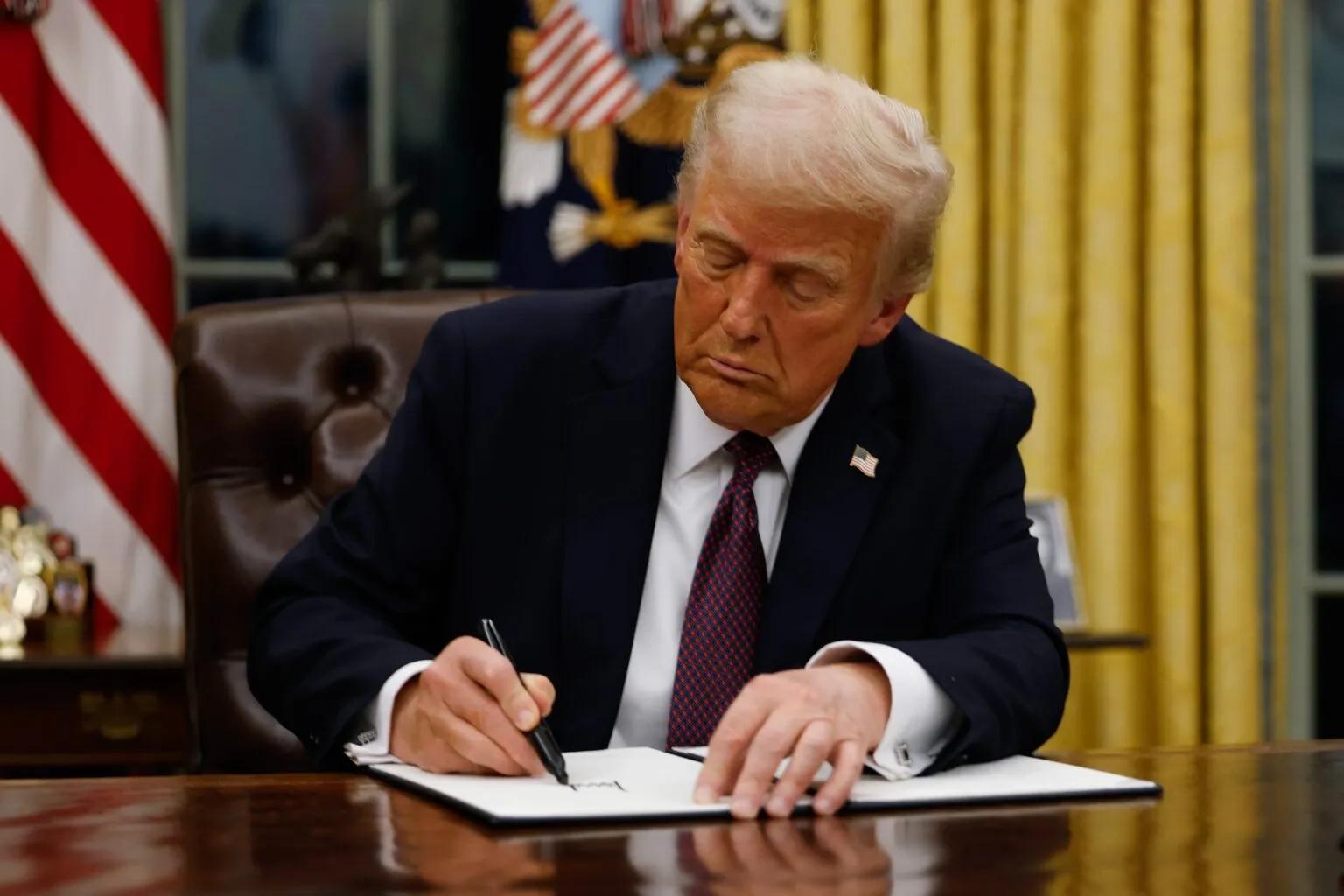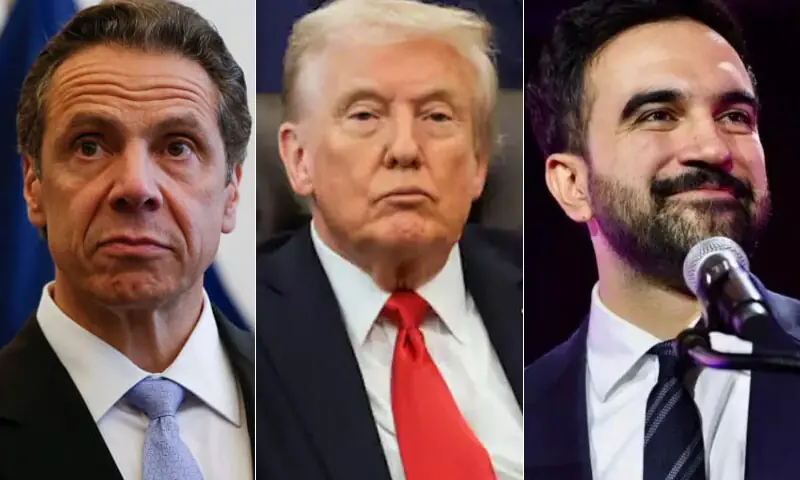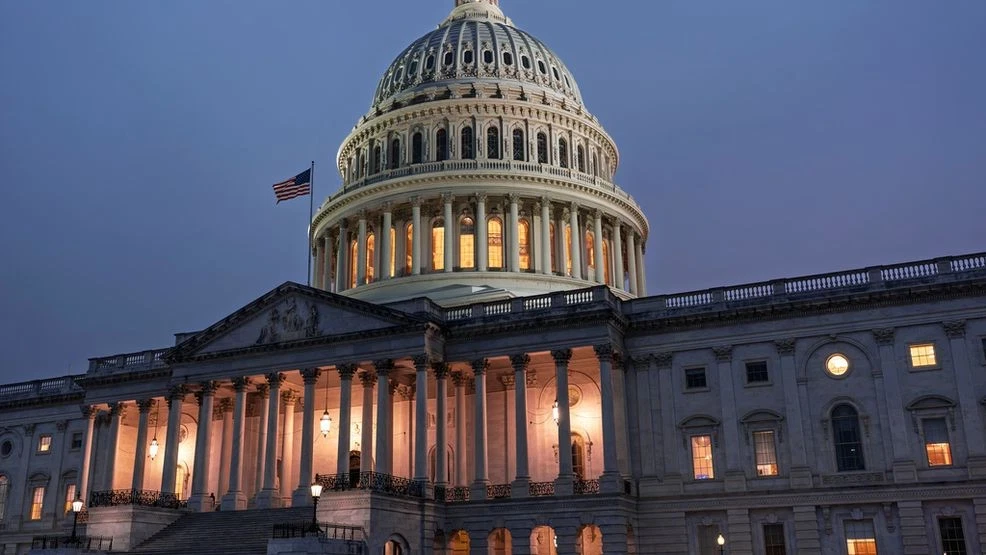
The White House put out a number of executive actions this week that focus on strategic minerals, carbon regulations, and making the U.S. economy more competitive with China. This shows a big shift in U.S. trade and regulatory priorities. The orders come after years of bipartisan calls to make American supply chains stronger and less reliant on Chinese production, especially in the renewable energy sector.
Even though no new trade deal has been reached, senior officials in the U.S. government said that the country is looking into a number of Section 301 tariff measures that affect solar equipment, important minerals, and parts for electric vehicles. The study is being done because the U.S. Trade Representative promised to look into whether current tariffs are still "appropriate and effective" in a global market where China is the most powerful industrial country.
U.S. regulators have been keeping a closer eye on Chinese investments, raised the limits on exports of advanced semiconductors, and looked more closely at supply chains in industries that are important for energy resilience and the military. Analysts say that the executive orders do not show a shift toward cooperation, but rather support a larger U.S. strategy.
“We want to protect national security while helping American businesses as the US enters a new era of strategic economic competition."
Trade groups were happy that trade rules were made clearer, but they warned that producers are still unsure because tariff policies can change at any time. American importers of batteries, electronics, and solar components say that long-term planning has become harder as export rules and tariff evaluations change.
China, on the other hand, says that the U.S. limits on high-tech exports break international trade rules. Trade experts say that there isn't much evidence of serious negotiations going on, and both countries are still having a hard time with their economies.

Congress is putting pressure on the White House to be tougher on Chinese imports.
Members of both parties have told the White House to rely less on Chinese rare-earth processing and make more important minerals at home. Lawmakers say that the US still relies heavily on China for the minerals needed for wind turbines, batteries, electric cars, and technology that keeps the country safe. Since 2021, a number of congressional evaluations of the supply chain have shown this weakness.
Senators from mining states like Nevada, Alaska, and Arizona have been putting pressure on the administration to speed up the approval process for lithium, graphite, and cobalt projects. In the meantime, lawmakers in the Midwest say that US automakers won't be able to meet federal clean energy goals unless the US builds a complete supply chain from mining to manufacturing that doesn't rely on Chinese processing.
The Inflation Reduction Act (IRA) says that subsidized electric vehicles can't have parts made in China. A bipartisan group of senators asked the federal government to strictly follow these new rules. Under the new rules, cars that have important minerals or battery parts from "foreign entities of concern," like China, are no longer eligible for some tax breaks. Automakers' quick changes to their supply chains may slow down the adoption of electric vehicles, but lawmakers say that giving exemptions would hurt national security goals.

Skenes and Skubal Win Cy Young Awards as Future Uncertainty Grows
NOVEMBER 12, 2025

U.S News

Trump Criticizes Mamdani and Signals Support for Cuomo in Heated NYC Mayoral Race
Trump backs Cuomo and says that if Mamdani wins, he will stop giving money to the federal government. Mamdani calls the threat a tool of politics. Experts say that Trump's involvement could make things worse and make it harder for New Yorkers to get the help they need.
U.S News BY NOVEMBER 4, 2025

The U.S. government has been closed for the longest time.
The federal government has been shut down for 36 days, which is a new record, because the US Senate has once again failed to pass any laws.
U.S News BY NOVEMBER 4, 2025

The U.S. government has been closed for the longest time.
In the Northeast, a strong snowstorm made conditions like a blizzard, which made travel difficult and forced schools to close in several states.
U.S News BY OCTOBER 11, 2025







